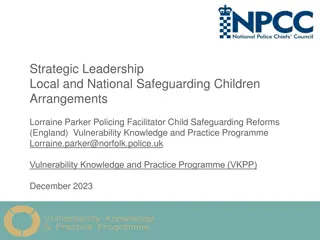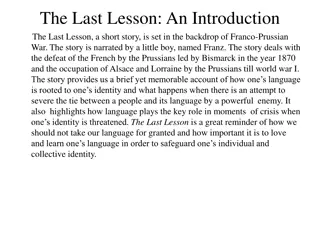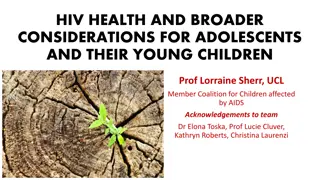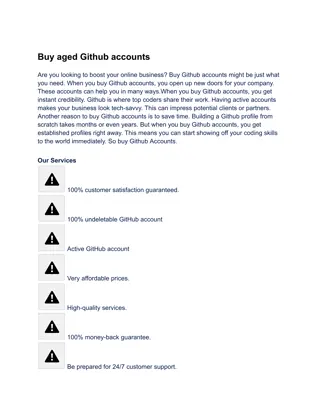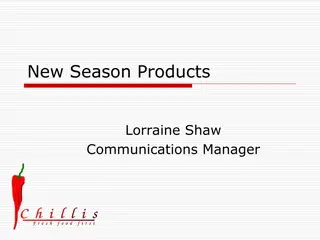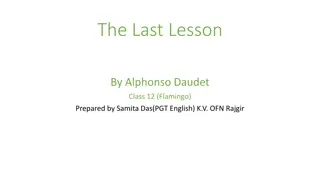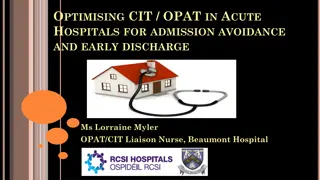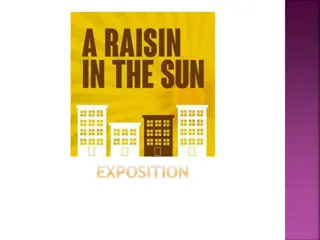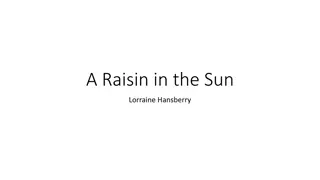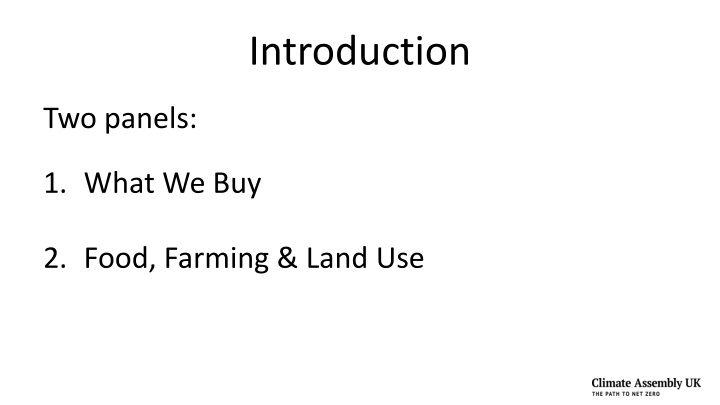
Greenhouse Gas Emissions and Policy Options
Explore the factors contributing to greenhouse gas emissions, including what we buy and how food, farming, and land use impact emissions. Consider UK vs. overseas emissions, key considerations when evaluating options, and policy actions to address emissions effectively.
Download Presentation

Please find below an Image/Link to download the presentation.
The content on the website is provided AS IS for your information and personal use only. It may not be sold, licensed, or shared on other websites without obtaining consent from the author. If you encounter any issues during the download, it is possible that the publisher has removed the file from their server.
You are allowed to download the files provided on this website for personal or commercial use, subject to the condition that they are used lawfully. All files are the property of their respective owners.
The content on the website is provided AS IS for your information and personal use only. It may not be sold, licensed, or shared on other websites without obtaining consent from the author.
E N D
Presentation Transcript
Introduction Two panels: 1. What We Buy 2. Food, Farming & Land Use
Panel 1. What we buy This covers things we buy, such as cars, clothing, electronics and appliances (e.g., fridges), furniture, insurance It includes the energy used to make things we buy or use (from cars, chairs, toothbrushes to using the internet, insurance, etc.) Not including food as it will be dealt with separately later
Panel 2. Food, farming & land use This covers what we eat, as well as how we use the land (for growing crops, grazing livestock, woodland, peatland etc.) We are looking at food and land together, because farming currently uses the majority of our land in the UK so decisions about our diets have wider implications for land Some ways we use land can store or absorb carbon dioxide, whereas others may emit carbon dioxide (CO2) Land is not only important for climate change
UK vs overseas emissions Net zero laws will only cover emissions produced in the UK This means we need to focus on UK emissions, but avoid making decisions that lead to more emissions being created abroad Food and other things we buy often come from overseas
Things to consider Evaluate options bearing in mind the principles you agreed in weekend 1 Might also consider things like how options impact on: employment/skills different groups and regions in the UK the UK s changing climate nature and natural resources additional benefits from reducing emissions Choices also relate to energy supply (weekend 4) and to negative emissions
Policy options Policy = actions that government take Can include: information/advice economic measures (e.g., taxes) regulations (e.g., bans) Government Businesses Individuals Business, individuals, government need to work together (but policies vary in who does more)






